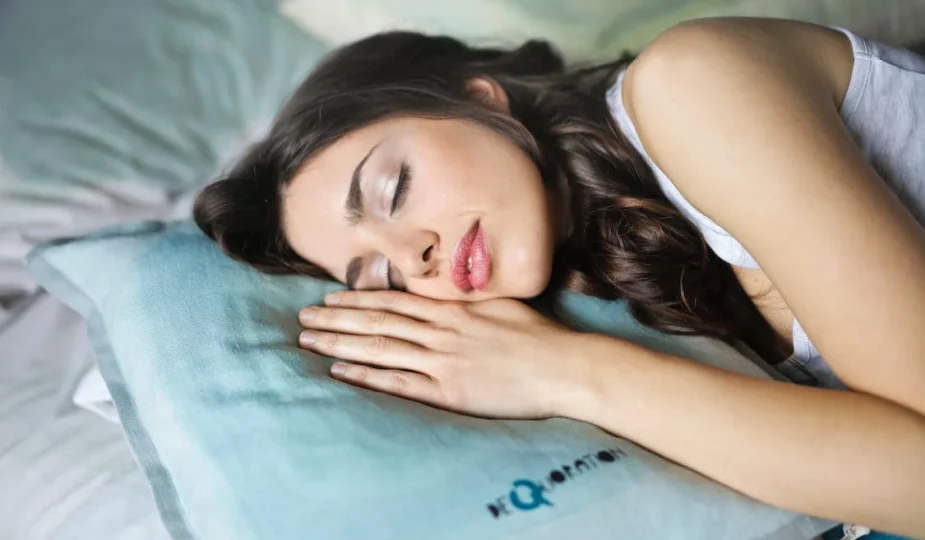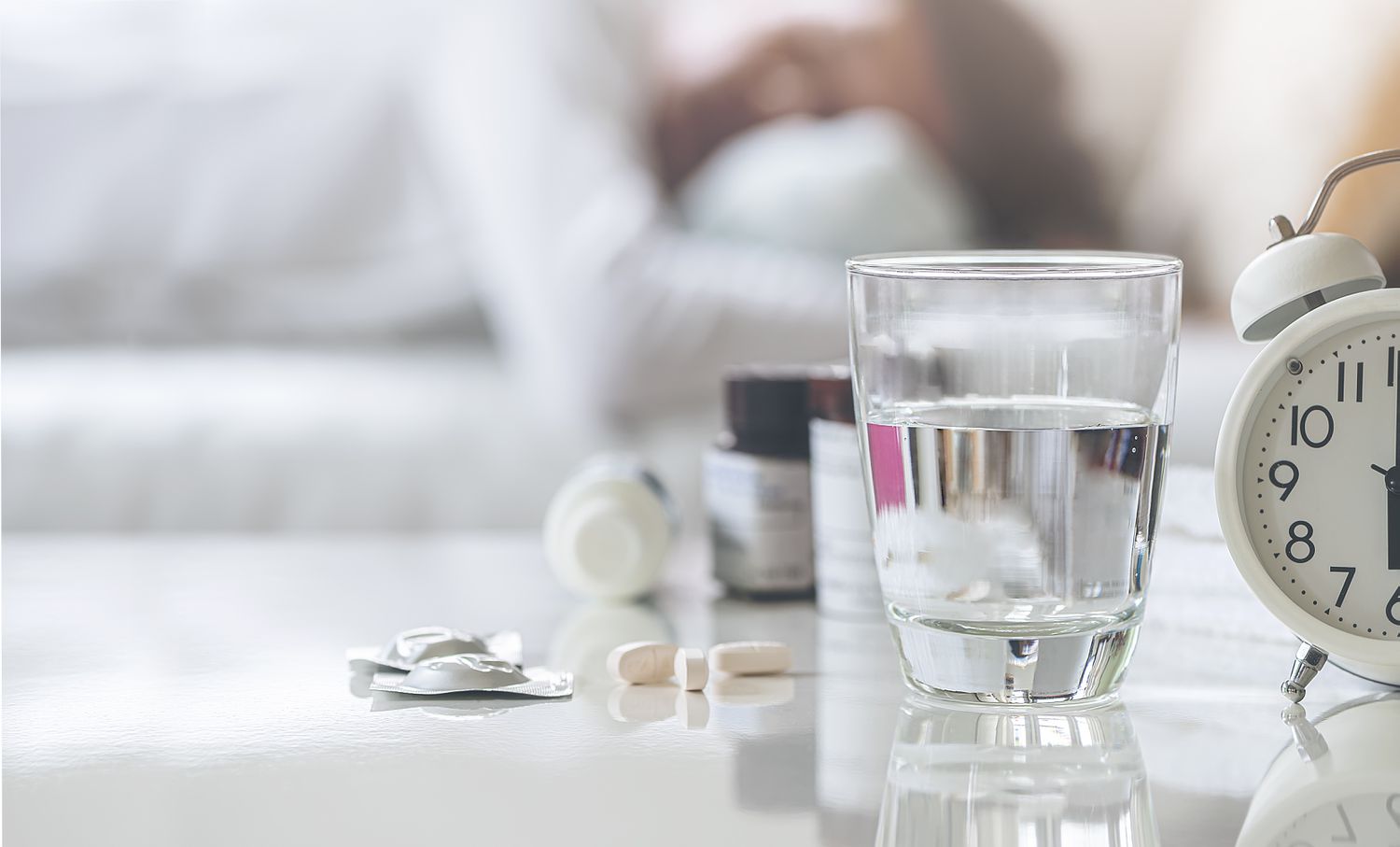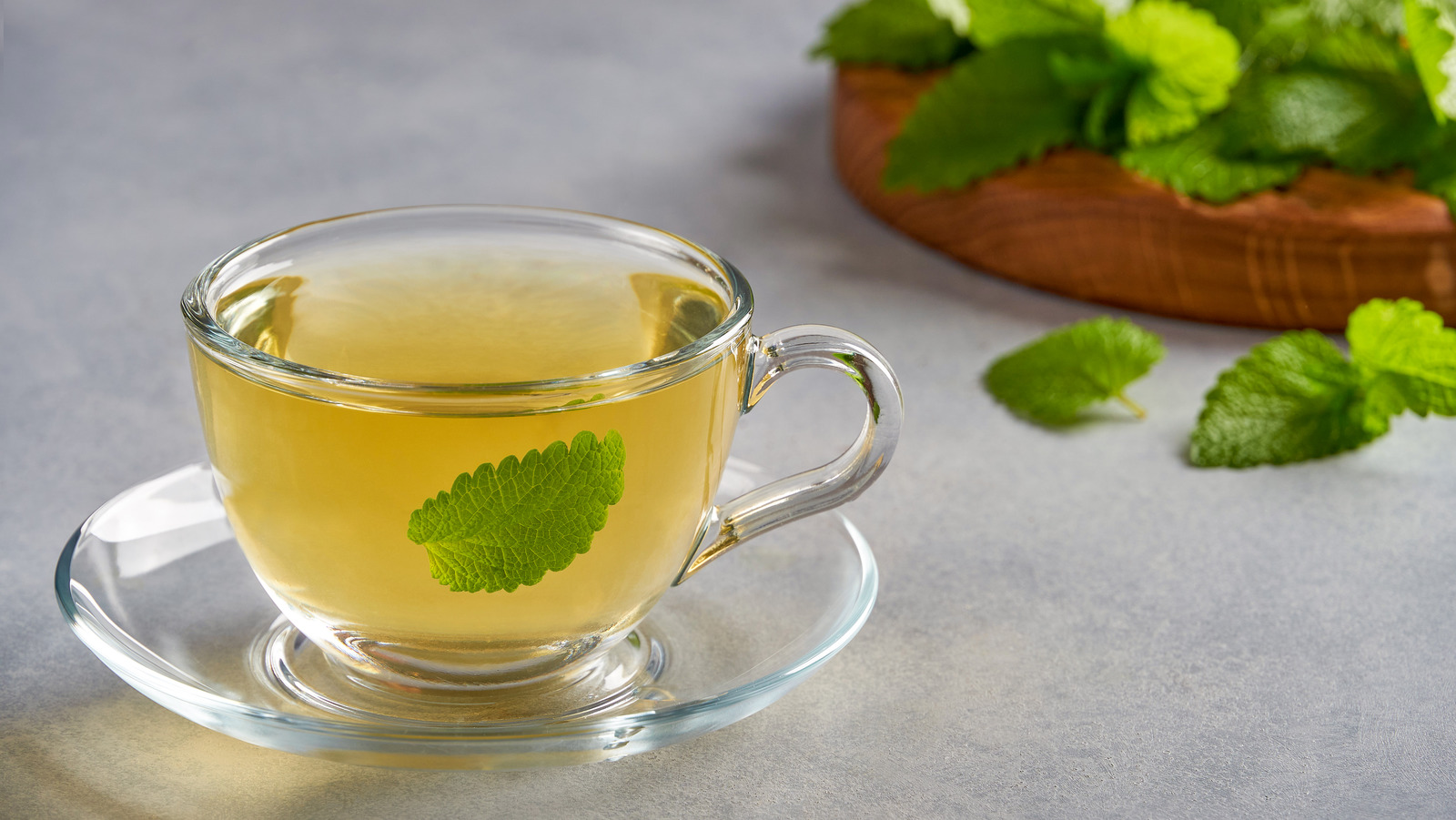
The Top 10 Sleep Supplements for Deep, Restful Sleep
Sleep is an essential part of life. It’s where we recharge and get ready for the next day. But not getting enough sleep can have negative effects on you physically, mentally, and emotionally.
According to the Sleep Foundation, a considerable number of individuals experience sleep difficulties and fail to obtain adequate rest. Insufficient and low-quality sleep may stem from various factors such as sleep disorders, medical ailments, and mental health conditions. Sleep problems can impact people of all ages, and their consequences can extend far beyond just the individual experiencing them.
If you’re having trouble sleeping or just want to try something new to help you fall asleep faster and stay asleep longer, these supplements can help:
Melatonin
Melatonin helps regulate the body’s natural sleep-wake cycle and promotes deep, restful sleep. By taking a melatonin supplement, individuals may fall asleep faster and stay asleep longer. However, relying solely on artificial melatonin supplements can disrupt the body’s natural hormone production, leading to morning grogginess and other side effects.
Brain Luxury, makers of Delta BrainLuxury, suggests the intake of tryptophan and glycine products to help improve sleep quality. You can get test samples of Delta to gauge the effectiveness of the product on your sleep cycle.
Supporting the body’s natural production of melatonin through practices such as maintaining a consistent sleep schedule, avoiding bright screens before bed, and eating foods high in tryptophan can be a more sustainable way to improve sleep quality without the negative side effects of artificial supplements.
Valerian root
Valerian root is a natural sedative that helps you relax and fall asleep. In addition to its sedative properties, valerian root has also been shown to reduce anxiety and improve sleep quality.
Valerian root can be taken in capsule form, as a tea or tincture, or in a tincture with other herbs such as lemon balm or passionflower.

Magnesium
Magnesium is one of the most important minerals that aid sleep. It helps to regulate nerve and muscle function, as well as strengthen your bones. Magnesium also plays a role in many other bodily functions, including blood glucose levels and blood pressure regulation.
Magnesium can be taken in supplement form or through foods like legumes (beans), nuts and seeds, whole grains, dark leafy greens like spinach or kale – even chocolate. To boost your magnesium intake, try adding more sources of these foods into your diet regularly. Get 7-10 grams per day from food sources alone (or take a supplement if needed).
Chamomile
Chamomile is a natural sleep aid that has a calming effect. It can be used to help people who have trouble falling asleep or those who wake up during the night and have trouble getting back to sleep.
According to Well + Good, if you struggle with insomnia caused by stress or anxiety and wish to hasten the process of falling asleep, chamomile tea may prove to be a more efficacious solution. Research has revealed that chamomile tea can produce noticeable results for sleep within 30 to 45 minutes, making it an excellent alternative for those seeking a quick solution, as it works in under an hour.
5-HTP
5-HTP is a precursor to serotonin, which can help promote feelings of calmness and relaxation. It’s also been shown to be effective in treating depression and anxiety, as well as helping people fall asleep faster. 5-HTP works by increasing the amount of tryptophan that gets converted into serotonin in your brain.
This results in increased melatonin levels as well as improved quality of sleep overall.
GABA
GABA (gamma-aminobutyric acid) is a neurotransmitter that helps to regulate the nervous system, which in turn affects our sleep cycle. GABA works by calming down your body so that it can fall asleep more easily and get more restful sleep.
GABA is found naturally in foods like bananas, spinach, and mushrooms and can also be taken as a supplement if you don’t eat enough of those foods regularly. The most helpful types of GABA come from plants rather than animals, so look for extracts made from things like valerian root or chamomile flowers instead of pills made from gelatin (which comes from cows).
Lavender
Lavender is a calming herb that can help you to relax, reduce stress and anxiety, and get better sleep. It’s been used for centuries as a natural remedy for insomnia.
- Lavender essential oil is relaxing and soothing to the mind and body. It promotes restfulness in the body by slowing down your heart rate, lowering blood pressure, and reducing muscle tension.
- Lavender has been shown to improve sleep quality by reducing insomnia symptoms such as waking up repeatedly during the night or early morning awakenings (Source).
The lavender essential oil may also be helpful for people with sleep apnea because it improves breathing patterns during sleep (Source).
Ashwagandha
Ashwagandha is an adaptogenic herb that helps the body to adapt to stress. It’s been shown to improve cognition, reduce anxiety and depression, and even treat insomnia.
Ashwagandha has been used in Ayurveda medicine for centuries as an anti-inflammatory agent. It’s said that ashwagandha can help lower cholesterol levels by reducing LDL (bad) cholesterol while increasing HDL (good) cholesterol levels.
Passionflower
Passionflower is a flower that grows in warmer climates. It has long been used to treat anxiety and insomnia, as well as other conditions such as depression and headaches.
According to Verywell Health, although further clinical trials are required to establish a definite correlation between the consumption of passionflower tea and its potential health benefits, there are anecdotal reports suggesting that this tea can induce a calming effect. People have reported experiencing improved sleep, a more tranquil mood, and reduced anxiety after consuming this plant.
Lemon Balm
Lemon balm is a perennial herb that grows in most temperate regions. It has been used for centuries as a medicinal plant, and it’s still popular today.
Lemon balm contains volatile oils, including citral, geraniol, and limonene, which are believed to be responsible for their calming effects on the nervous system. It also contains rosmarinic acid (a type of antioxidant) that helps reduce inflammation throughout your body, including in your muscles and joints.

Lemon balm can be taken as an herbal tea or capsule supplement. However, most people prefer the latter because it’s easier to measure doses accurately when using capsules rather than loose-leaf tea bags. If you do decide on taking lemon balm extract as a tincture (liquid form), please be careful not to overdo it. Too much could cause nausea or vomiting if consumed within 24 hours before bedtime.
Conclusion
We hope that this list has given you some good ideas about how to improve your sleep. If there’s one thing we know for sure, it’s that there is no one-size-fits-all solution when it comes to sleep. You may need more than one of these supplements at a time or none at all. It depends on what works best for your body and mind. But if nothing else works well enough for you, try taking just one of these before bedtime tonight.









